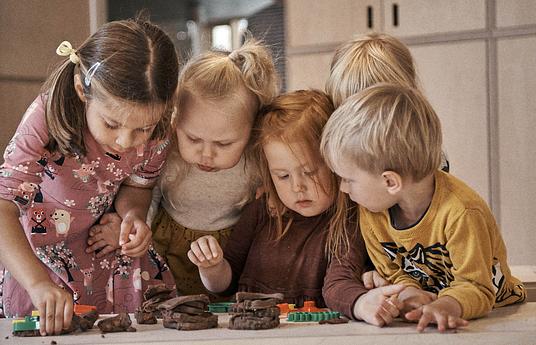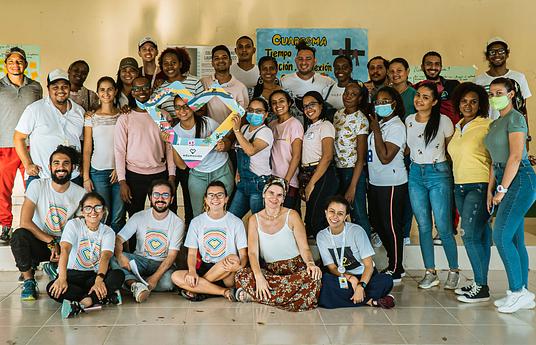Schools play an important role in children’s social and emotional development and mental health. Studies suggest that children in poverty are 3 times more likely to experience mental health issues, 1 student dies by suicide every hour, and 50% of all mental illnesses begin by age 14. Apni Shala recognised the need to work at the intersection of education and mental health, and respond systemically
Through a focus on promotive and preventive mental health, Apni Shala builds systems of social and emotional development. The primary focus is on government schools working with children from low-income homes.
The program design considers two key areas (1) opportunities for children to learn and practice SEL and (2) shifting the ecosystem around children to become more compassionate and inclusive. Based on the CASEL framework, the program is further integrated with Narrative Therapy and Mindfulness (post-modern therapy practices), Diversity & Inclusion Practices, and Constructivist Learning Theory.
With children, the team facilitates weekly SEL spaces using Apni Shala SEL Curriculum contextualized for India. The curriculum is annually reviewed by facilitating team for relevance and by external experts for philosophy alignment.
For ecosystem, the team works with principals, teachers, and caregivers to provide SEL training, build school-wide SEL campaigns, and run advocacy events.
Since 2013, when Apni Shala began, the program has reached 18 municipal schools and has worked it over 10000 students in varied capacities. During COVID times, the team worked in partnership with teachers, parents and students to move the entire program online to ensure students continue to receive SEL and wellbeing support. In 2019-20, before COVID,
(1) 92% partnership retention, indicating a long-term commitment to mental wellbeing initiatives
(2) 90% partner schools extended mental wellbeing initiatives from students to teachers
(3) 86% students showed improvement in SEL competencies
In next 2 years, Apni Shala aims to build a SEL evaluation framework, build a whole-school SEL integration framework, publish a paper to study SEL & wellbeing in partner schools and work with 30+ schools.
(1) read about Apni Shala's work and values on www.apnishala.org to find an alignment.
(2) visit Apni Shala's SEL sessions (online or in-person), interact with teachers, parents and principals from partner schools.
(3) assess your school/organisation's SEL needs.
(4) reach out to rohit@apnishala.org to take this forward.


